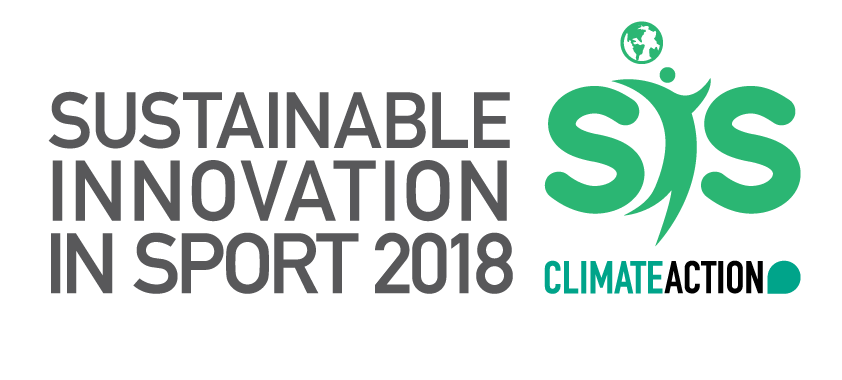Following an Initiative launched at Milan Expo, Rio Olympic Games 2016 plan on tackling food waste.
Food waste also involves the waste of related resources such as water, soil, agricultural inputs and feed, and on third of the global food production is wasted every year.
According to a recent FAO study, global food waste, at a country’s scale, represents the world’s third largest greenhouse gas emitter.
The project “Reffetto-Rio” was presented in Rome on 8 July and it aims at turning the surplus food from the Olympic Village during the Rio Olympics into meals for the people in need.
As part of the programme, cooking and nutrition classes are planned for youth and people in difficulty, with the participation of volunteers and 45 chefs from around the world.
The “Reffetto-Rio” project was initiated by an internationally-renowned chef and founder of “Food for Soul”, Massimo Bottura, and David Hertz, a chief and founder of the “Gastromotiva” non-profit organisation, both of which will be at the event as well.
The Refettorio Ambrosiano, an initiative launched by Bottura during last year’s Milan Expo, set the example for the Rio Olympics food waste programme as it was giving the surplus from the pavilions around the International Exposition to the poor and homeless.
The Refettorio Ambrosiano is still in practice today, reflecting the Milan Charter and the 2030 Agenda for Sustainable Development, and it resulted in more than 15 tonnes of food redistributed instead of being wasted.
Maurizio Martina, Italy’s minister of agricultural policies said: “It is what can be termed a best practice, one that can be replicated elsewhere, and will be at the Olympics in Brazil... This kind of example can become an everyday trend. Everyone must do their part for a world of zero food waste and zero hunger.”
According to Director-General José Graziano da Silva, chefs and gastronomic organisations have a crucial role in promoting the importance of ending hunger and improving nutrition, especially at big sports events like the Olympic Games.
He added: “Every single citizen can contribute.”

